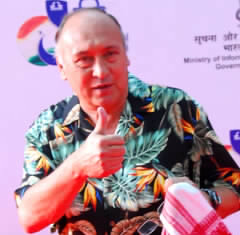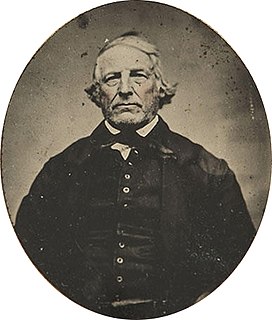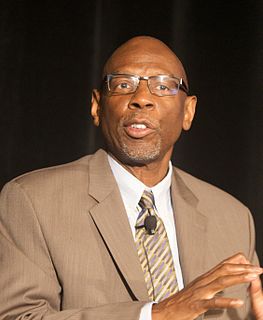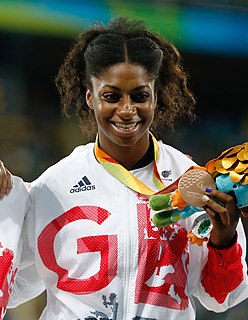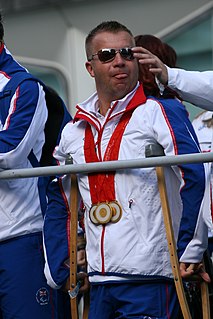A Quote by Victor Banerjee
I've been involved with disability activities for over 40 years. I have done programs with several disabled children and involving them makes the performance genuinely heartwarming.
Related Quotes
It is not a question of patronizing philanthropy towards disabled people. They do not need the patronage of the non-disabled. It is not for them to adapt to the dominant and dominating world of the so-called non-disabled. It is for us to adapt our understanding of a common humanity; to learn of the richness of how human life is diverse; to recognize the presence of disability in our human midst as an enrichment of our diversity.
I've got at least two major project ideas that I've been chewing on for several years in my head and I've been trying to resist them both. But I have learned over the years that when they don't go away and they're still in there, you probably have to resign yourself to the fact that you're going to do something about them.
The programs that have been discussed over the last couple days in the press are secret in the sense that they are classified but they are not secret in the sense that when it comes to phone calls every member of Congress has been briefed on this program. With respect to all these programs the relevant intelligence committees are fully briefed on these programs. These are programs that have been authorized by broad bipartisan majorities repeatedly since 2006.
